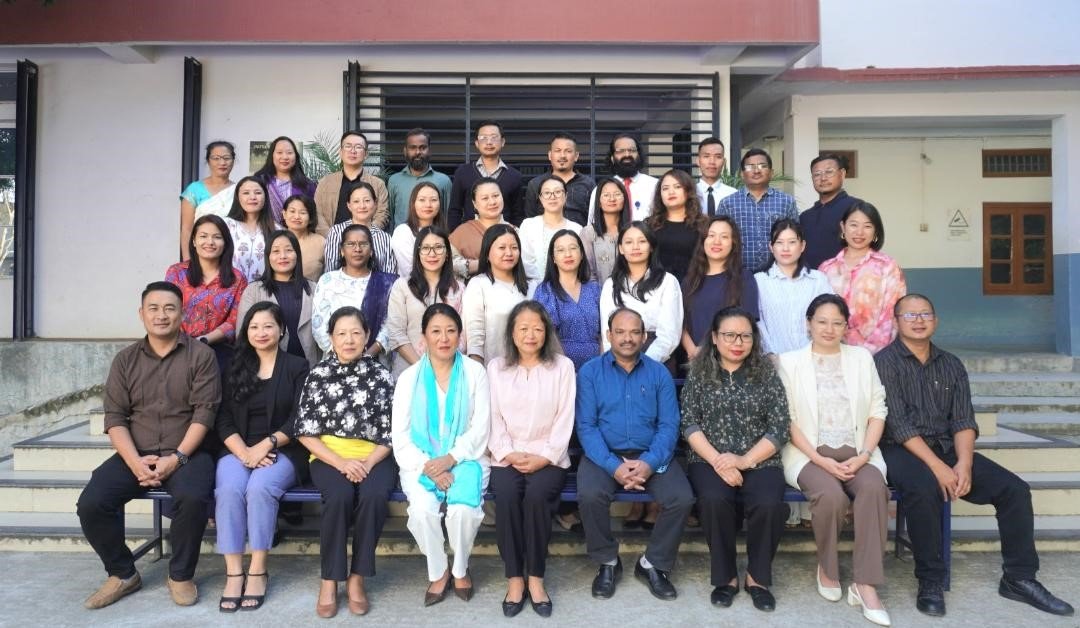Teacher education institutions in Nagaland came together for a two-day workshop on Educational Evaluation held from November 18–19, 2025, at Unity College of Teacher Education (UCTE), Dimapur. The programme, hosted by UCTE and organised by Mokokchung College of Teacher Education (MCTE), was sponsored by the Department of Higher Education, Government of Nagaland.
The workshop placed strong emphasis on bringing uniformity to evaluation practices, particularly in areas such as outcome-based assessment, learning outcome formulation, blueprint preparation, teacher-made tests, and question paper design, areas identified as long-standing gaps across institutions.
Dr. T. Alemla Longkumer, Programme Coordinator and Principal, MCTE, highlighted the need for a more coherent approach to evaluation in teacher education. Calling evaluation central to the teaching-learning process, she stressed the urgency of moving away from rote-based examinations and towards higher-order thinking. She noted that the workshop marks the beginning of “rethinking evaluation” in a more outcome-oriented manner.
In her welcome address, Dr. Akala Longkumer, Principal of UCTE, underscored institutional collaboration as a key factor in strengthening evaluation systems. She described hosting the workshop as humbling and said that partnerships among sister institutions reinforce shared responsibility in teacher education.
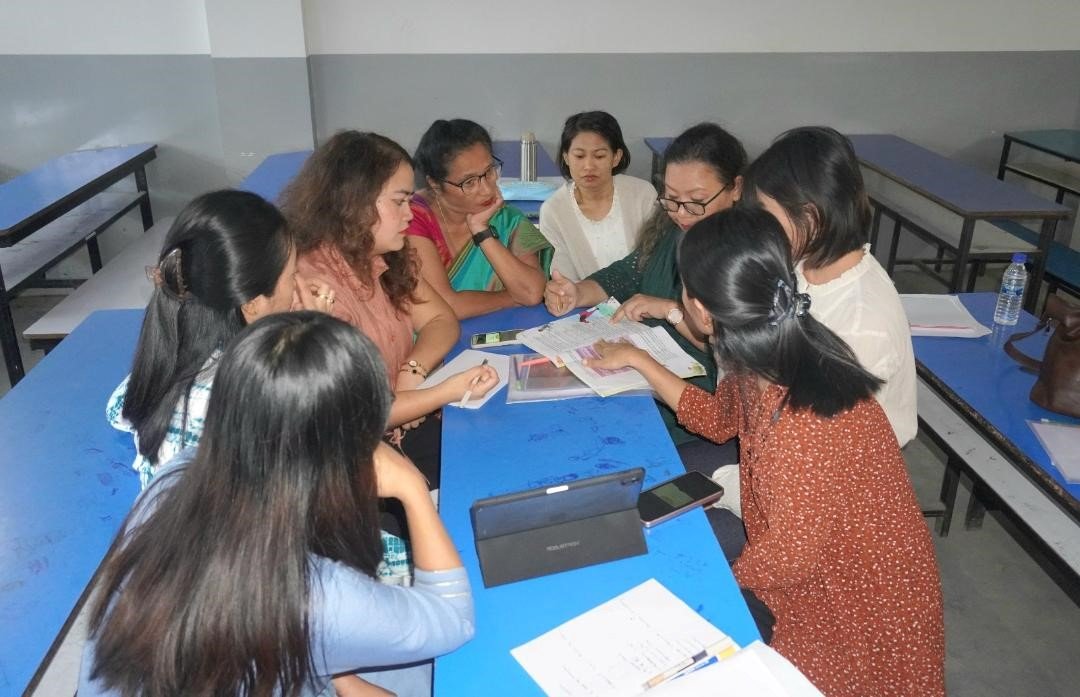
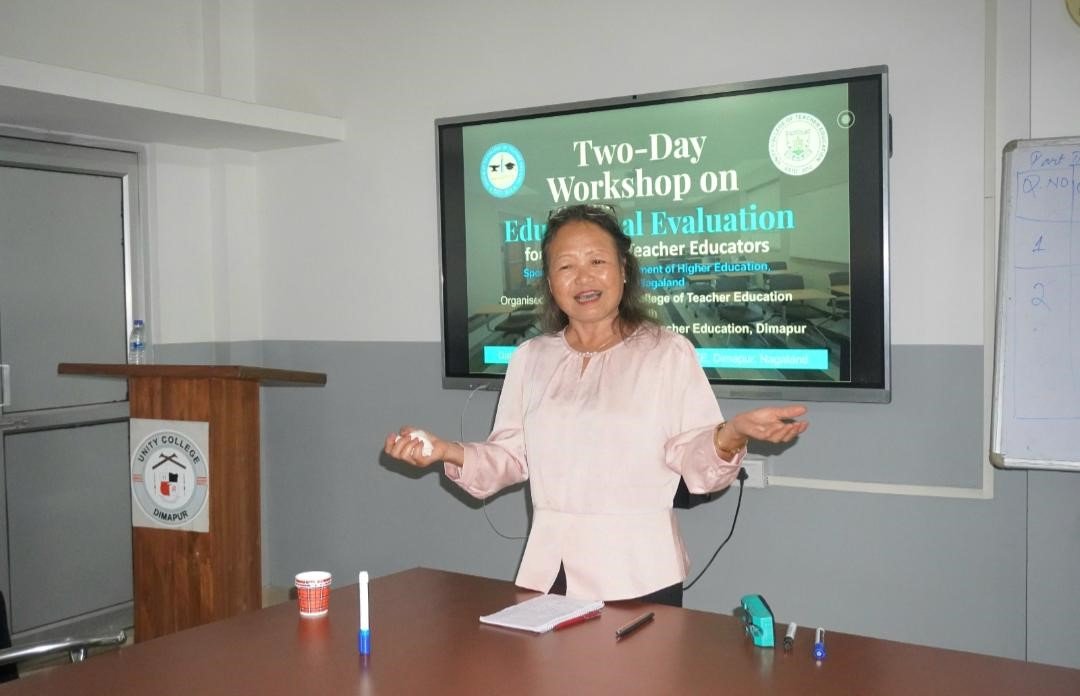
Across the two days, the workshop engaged participants in technical sessions and guided practice. Day 1 focused on learning outcomes, assessments, teacher-made tests, and 2D blueprint development, accompanied by hands-on activities. A discussion session led by Dr. Bendangyapangla further stressed that teacher education is a “man-making profession” requiring thoughtful evaluation.
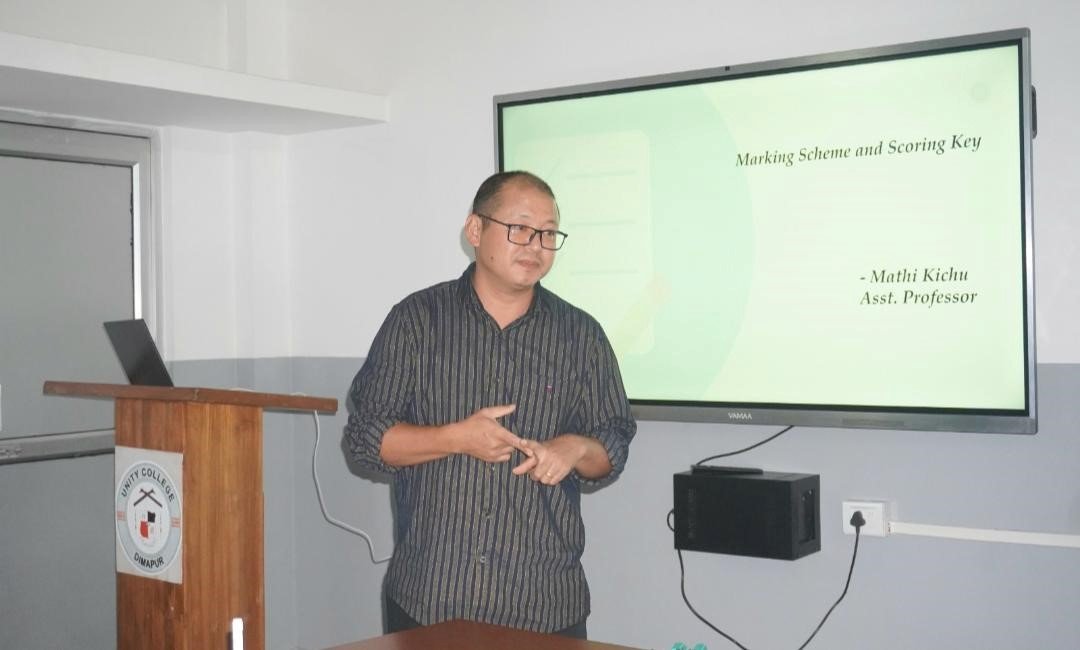
Day 2 introduced advanced components, including 3D blueprint construction, marking scheme and scoring key design, assembling balanced question papers, and question-wise analysis. Participants also reviewed sample question papers and produced complete blueprints as part of applied practice.
Download Nagaland Tribune app on Google Play

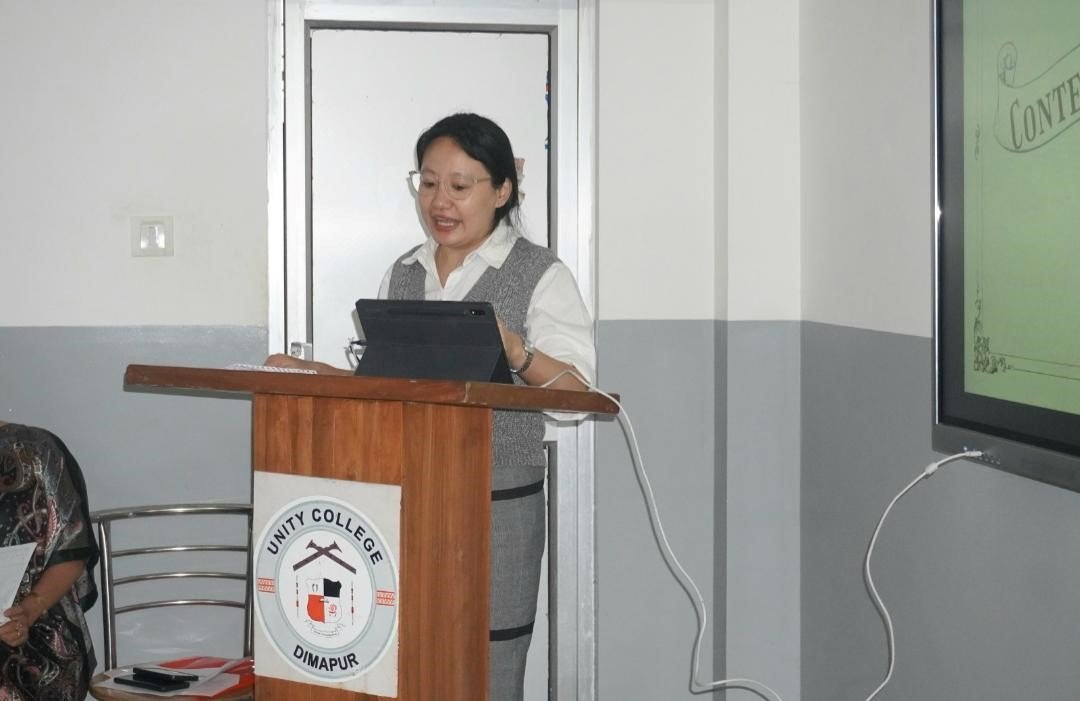
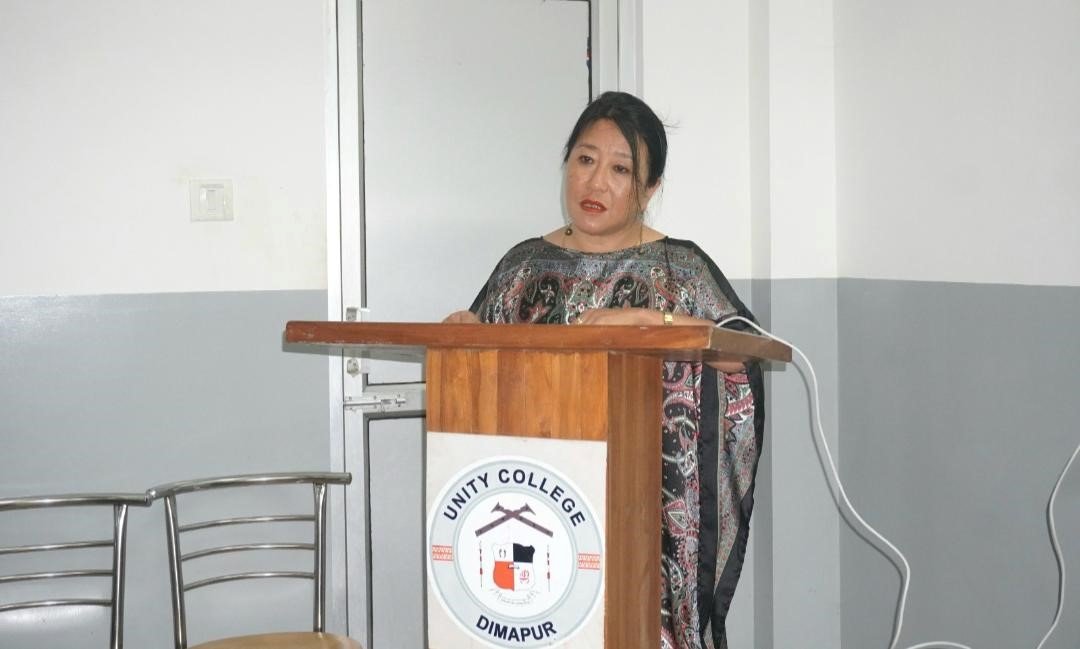
During a reflective session, Dr. Elizabeth Walling drew attention to the need for standardisation of teacher-made tests across institutions. She encouraged the inclusion of application-based questions to discourage rote learning and to improve the quality of assessment.
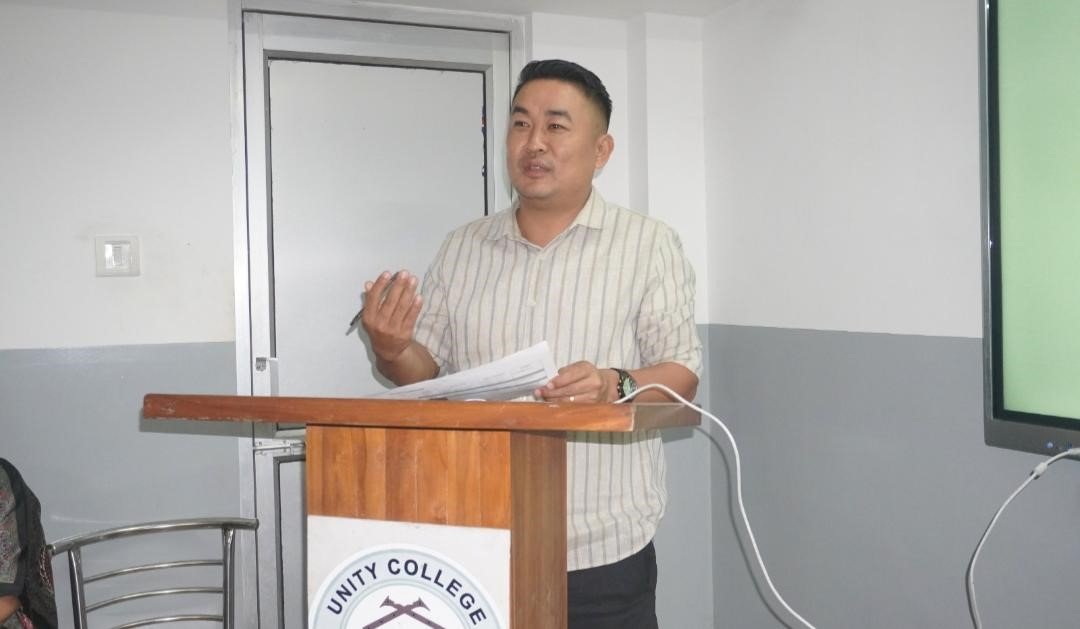
The workshop concluded with a valedictory session led by Dr. Toreiphi Mungleng. Participants described the experience as “fruitful and enlightening,” with one calling it “the beginning of 66 days of learning evaluation.” One participant shared that the sessions helped clarify many challenges in current practices. A resource person remarked that evaluation must be continuously refined, noting, “What we teach is guided by the questions we set.”
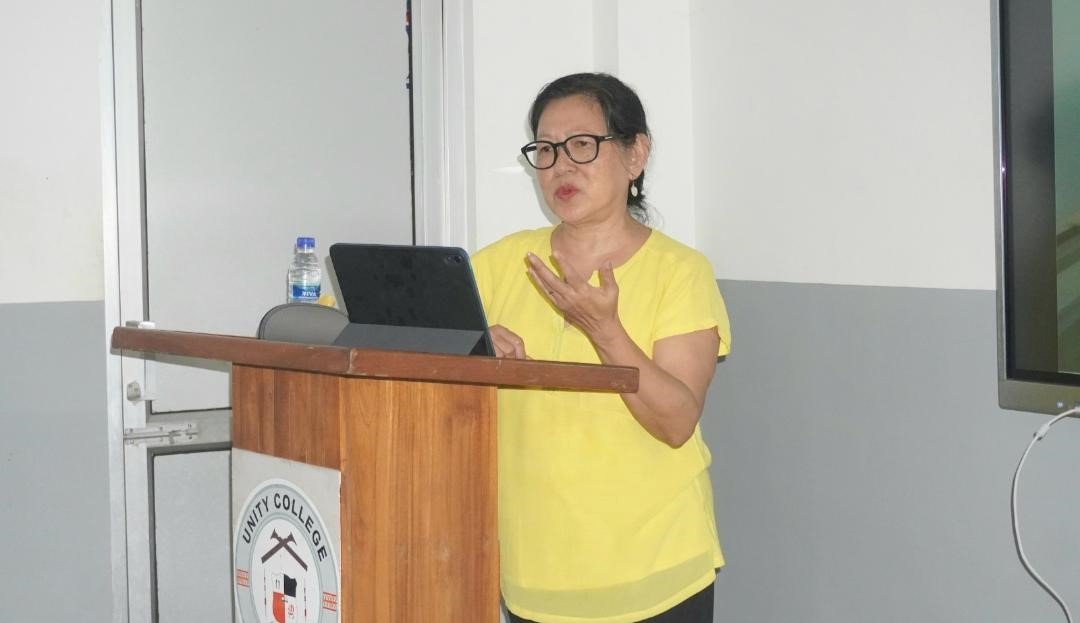
Facilitators included Dr. T. Alemla Longkumer, Kerilhusa Peseyie, Tiajungla, Mathiba Kichu, Dr. Bendangyapangla, and Dr. Elizabeth Walling, representing different aspects of assessment design. The organising committee expressed gratitude to the Department of Higher Education for sponsoring the programme.
